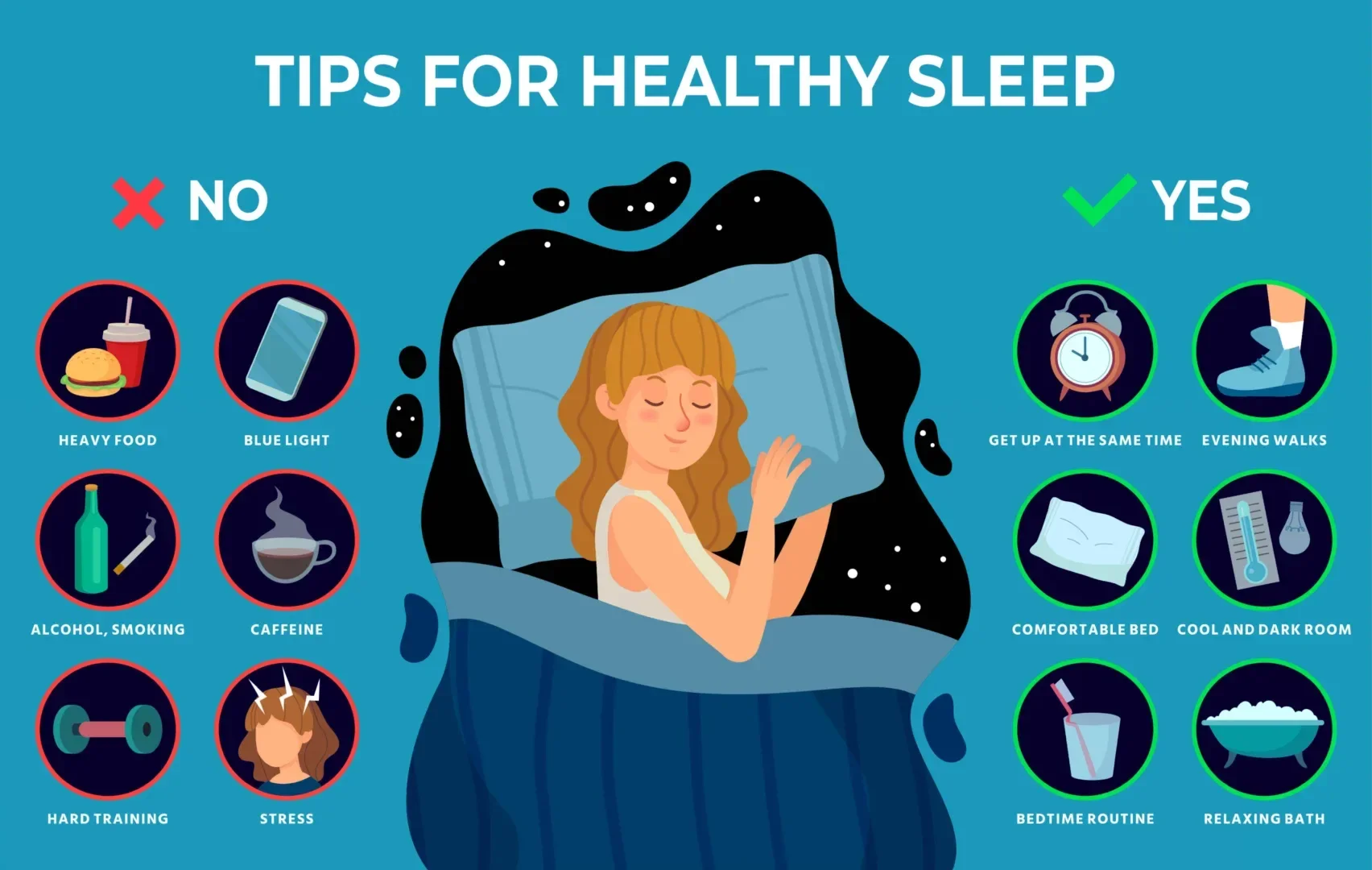Healing Depression Naturally: Lifestyle Habits That Support a Healthy Mind
Depression isn’t just about chemistry in the brain — your daily habits play a huge role in how you feel. The good news? Small, intentional lifestyle changes can dramatically improve mood, even without medications.
In this blog, we’ll explore practical, science-backed habits that naturally support a healthy mind and emotional well-being.
1. Movement & Exercise
Physical activity isn’t just about fitness — it’s a natural mood booster. Exercise increases neurotransmitters like serotonin and dopamine, which help regulate mood and energy.
Walking: Even a brisk 20–30 minute walk daily can lift mood.
Yoga: Combines movement, stretching, and breath work to reduce stress.
Strength Training: Builds resilience and supports brain health.
A 2023 meta-analysis finding exercise 1.5 times more effective than medication or therapy in reducing symptoms.
Tip: Start small. Even 10–15 minutes counts, and consistency matters more than intensity.
2. Sunlight & Circadian Rhythm
Your brain chemistry is deeply tied to natural light. Sunlight helps regulate melatonin (for sleep) and serotonin (for mood).
Try to get morning sunlight for at least 10–20 minutes.
Open your blinds during the day, or take short outdoor breaks.
Aim to get 30 - 60 minutes of time outdoors, preferably with skin exposed to sunlight, and no sunglasses on for as many days of the year as possible.
Tip: If sunlight is limited, a light therapy lamp can help, especially in winter.
3. Sleep Hygiene
Sleep is foundational for mood regulation. Poor or irregular sleep can exacerbate depressive symptoms.
Keep a consistent sleep schedule, even on weekends.
Limit screens 1 hour before bed.
Wear bluelight blocking glasses in the evening when the sun starts going down.
Sleep in a dark, cool room ( 67 degrees or cooler)
Consider relaxing routines like reading or gentle stretching.
Take a warm bath before bed, especially with epsom salt.
Tip: Small changes in sleep habits can have a big impact on mood over time.
4. Screen Time & Media Diet
What you consume mentally is as important as what you eat physically.
Social media comparison can increase anxiety and low mood.
Choose uplifting or educational content:
Music or singing
Inspiring shows or movies
Nature documentaries
Avoid emotionally heightened shows before bed.
Tip: Schedule “screen-free” blocks daily, especially before bed.
5. Social Connection & Community
Humans are wired for connection. Isolation is a major contributor to depression.
Call a friend or family member regularly.
Join a group, class, or club.
Volunteer — helping others boosts serotonin and self-worth.
Tip: Even brief social interactions each day can improve mood. You do not have to spend hours interacting with others to get some socail interaction and the mood-boosting benefits.
6. Nature & Outdoor Time
Spending time in green spaces has measurable mental health benefits — sometimes called “forest bathing.”
Take walks in parks or gardens.
Garden or care for plants at home.
Combine movement with nature for double benefits.
Actionable Daily Habits
Here are a few simple things to start today:
Aim for 10,000 steps a day.
Get daily sunlight exposure, even if brief.
Spend 10–15 minutes singing or listening to music you love - music that is uplifting and positive.
Reduce doomscrolling and social comparison online.
Aim to spend at least a couple hours a week with people you can feel a connection with.
Consider adopting a pet, if that makes sense for you.
Lifestyle tweaks alone can start to shift mood naturally — often faster than we expect. When combined with proper nutrition, gut support, and other holistic strategies, these habits become even more powerful.
In our next blog, we’ll explore nutrition and targeted supplements for brain health, including how food, nutrients, and natural herbs can help lift mood and support mental well-being.
References
Harvard Health Publishing. Exercise and Depression. https://www.health.harvard.edu/mind-and-mood/exercise-and-depression
Mayo Clinic. Sleep Tips: 7 Steps to Better Sleep. Link
Journal of Affective Disorders. Nature and Mental Health Benefits.





